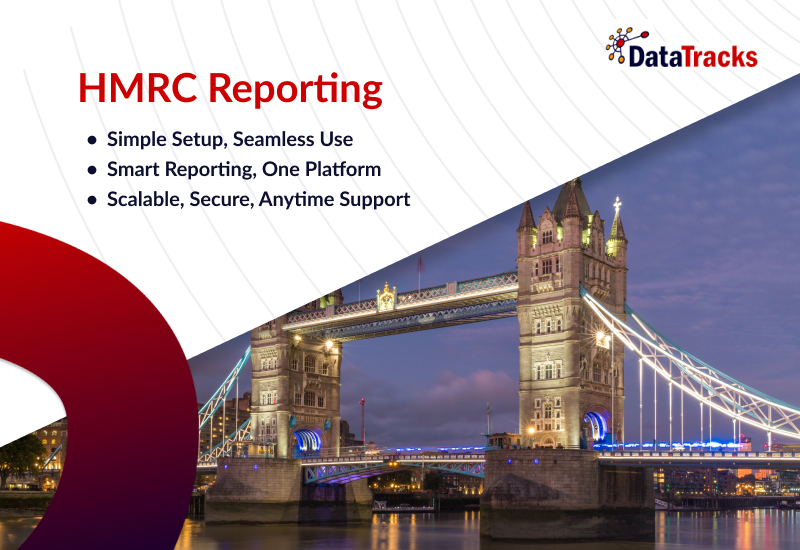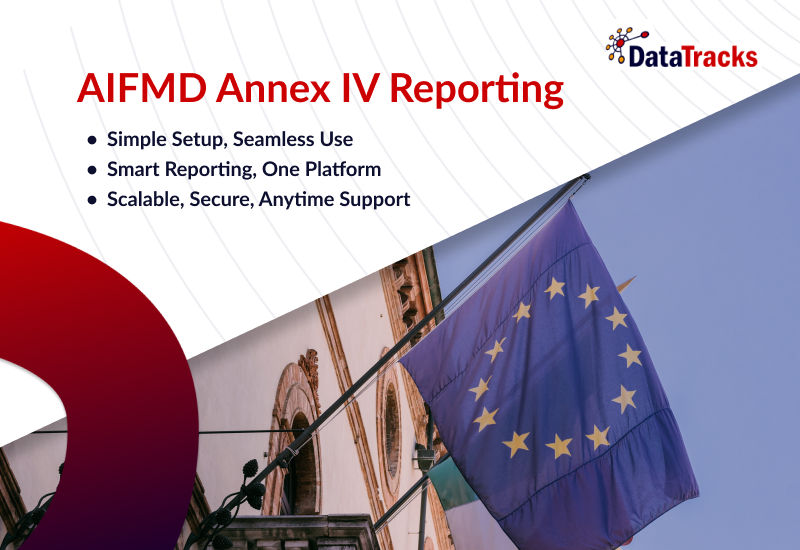Make Companies House Filing the Easiest Part of Your Year
Make Companies House Filing the Easiest Part of Your Year
Understanding Companies House
Companies House is the UK’s registrar of companies, ensuring all registered entities file transparent and compliant financial information.
From 1 April 2027, all UK companies, including dormant ones, must file annual accounts digitally using approved commercial software.
This shift, part of the Economic Crime and Corporate Transparency Act (ECCTA), ends paper and WebFiling submissions, marking the UK’s move toward a fully digital, transparent corporate reporting system.
Key Information You Should Know
Under the new Companies House filing mandate:
- Software-only filing: All submissions must use approved third-party software.
- No paper or WebFiling: Manual submissions will be discontinued.
- Full accounts required: Small and micro-entities must file complete accounts; abridged accounts will no longer be accepted.
These changes ensure filings are machine-readable, validated, and aligned with modern digital reporting standards, enhancing transparency and reducing errors.
Steps You Need to Take
- Adopt iXBRL-compliant filing software that meets Companies House digital standards.
- Understand the new structure, all entities must submit full and detailed accounts.
- Train your finance team or accountant on digital submission workflows.
- Validate data early using compliant tools to prevent rejections or penalties.
Early preparation ensures a smooth transition to software-only filing before April 2027.
Applicability
The digital filing mandate applies to all UK-registered entities, including:
- Private Limited Companies (Ltd)
- Public Limited Companies (PLC)
- Limited Liability Partnerships (LLPs)
- Limited Partnerships (LPs)
- Community Interest Companies (CICs)
- Private Limited by Guarantee
- Dormant and flat management companies
Filing requirements
- Micro-entities: Balance Sheet and Profit & Loss Account
- Small companies: Balance Sheet, Directors’ Report, Auditor’s Report (if applicable), and Profit & Loss Account
Abridged accounts will no longer be accepted after 2027.
Filing Deadlines
| Company type | Deadline |
| Private limited companies | File within 9 months after year-end |
| Public limited companies | File within 6 months after year-end |
Late filings can lead to penalties from £150 to £1,500, depending on delay length.
DataTracks’ Solution – Your Partner for Companies House Compliance
Trusted Companies House Expertise
With over 20 years of experience and 450,000+ compliant reports delivered globally, DataTracks empowers UK businesses to meet the 2027 Companies House digital filing mandate with confidence and precision.
Trusted by 30,000 organisations across 25+ countries, DataTracks is recognised worldwide for delivering accurate, reliable, and fully compliant iXBRL reporting solutions.
iXBRL Excellence
Our proprietary iXBRL tagging engine, developed in-house, is continuously updated with the latest UK GAAP and IFRS taxonomies to ensure accuracy, consistency, and compliance.
End-to-End Compliance Support
From data preparation to validation and submission, our specialist Account Manager guide you through every stage, ensuring a seamless filing experience with Companies House.
Quality and Security Assurance
DataTracks is certified for:
- ISO 27001:2022– Information Security Management
- ISO 9001:2015 – Quality Management System We also comply with ISAE 3402 guidelines for service organisation controls, ensuring data integrity and confidentiality at every step.
Quick and Reliable Turnaround
Our experienced compliance team delivers accurately tagged iXBRL outputs within 3 to 10 working days, depending on complexity, all pre-validated for smooth submission to Companies House and HMRC.
Future-Ready Compliance
With DataTracks, your filings are accurate, secure, and ready for the 2027 digital era, so you can focus on your business while we handle compliance with precision.
Featured Content
Why is iXBRL tagging necessary for CT600 filing?
HMRC has mandated that all tax returns and financial statements be submitted in iXBRL format for accounting periods ending after March 2010 and accounts filed after March 2011. It ensures that financial data is presented in a structured and standardized format, improving transparency, and facilitating efficient data analysis.
What information needs to be tagged in the CT600 filing process?
Key financial elements, such as income statement, balance sheet, and other relevant financial details, need to be tagged using iXBRL. This includes details about assets, liabilities, income, and expenses.
What are the benefits of using a managed tagging service to create iXBRL accounts and tax computations?
There are a number of benefits to using a managed tagging service to create iXBRL accounts and tax computations, including:
- Accuracy : Managed tagging services have the expertise and experience to ensure that your iXBRL accounts and tax computations are tagged accurately and consistently.
- Efficiency : Managed tagging services can help you to save time and resources by preparing your iXBRL accounts and tax computations for you.
- Compliance : Managed tagging services can help you to ensure that your iXBRL accounts and tax computations comply with HMRC’s requirements.
Are there specific HMRC guidelines to follow for iXBRL tagging in CT600 filing?
Yes, HMRC provides guidelines and requirements for iXBRL tagging. It’s important to stay updated with the latest guidelines to ensure compliance
Why is iXBRL Filing Important for Tax Reporting?
iXBRL (Inline eXtensible Business Reporting Language) filing is preferred by tax authorities because it ensures accurate, efficient, and transparent reporting of financial information. It also simplifying tax liabilities, identifying errors, and aiding in fraud detection, iXBRL significantly improves the overall accuracy and transparency of tax systems, reducing administrative burdens and increasing taxpayer satisfaction.













